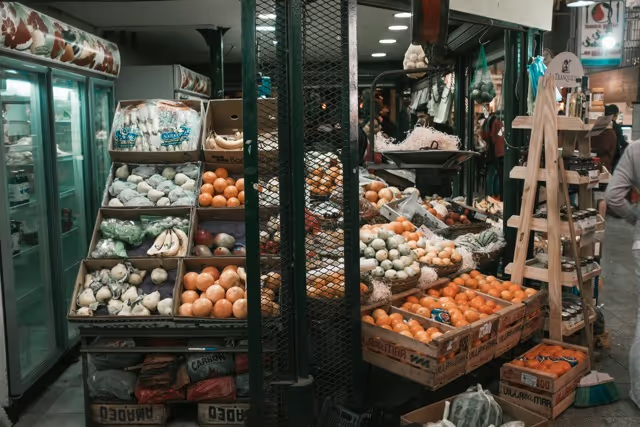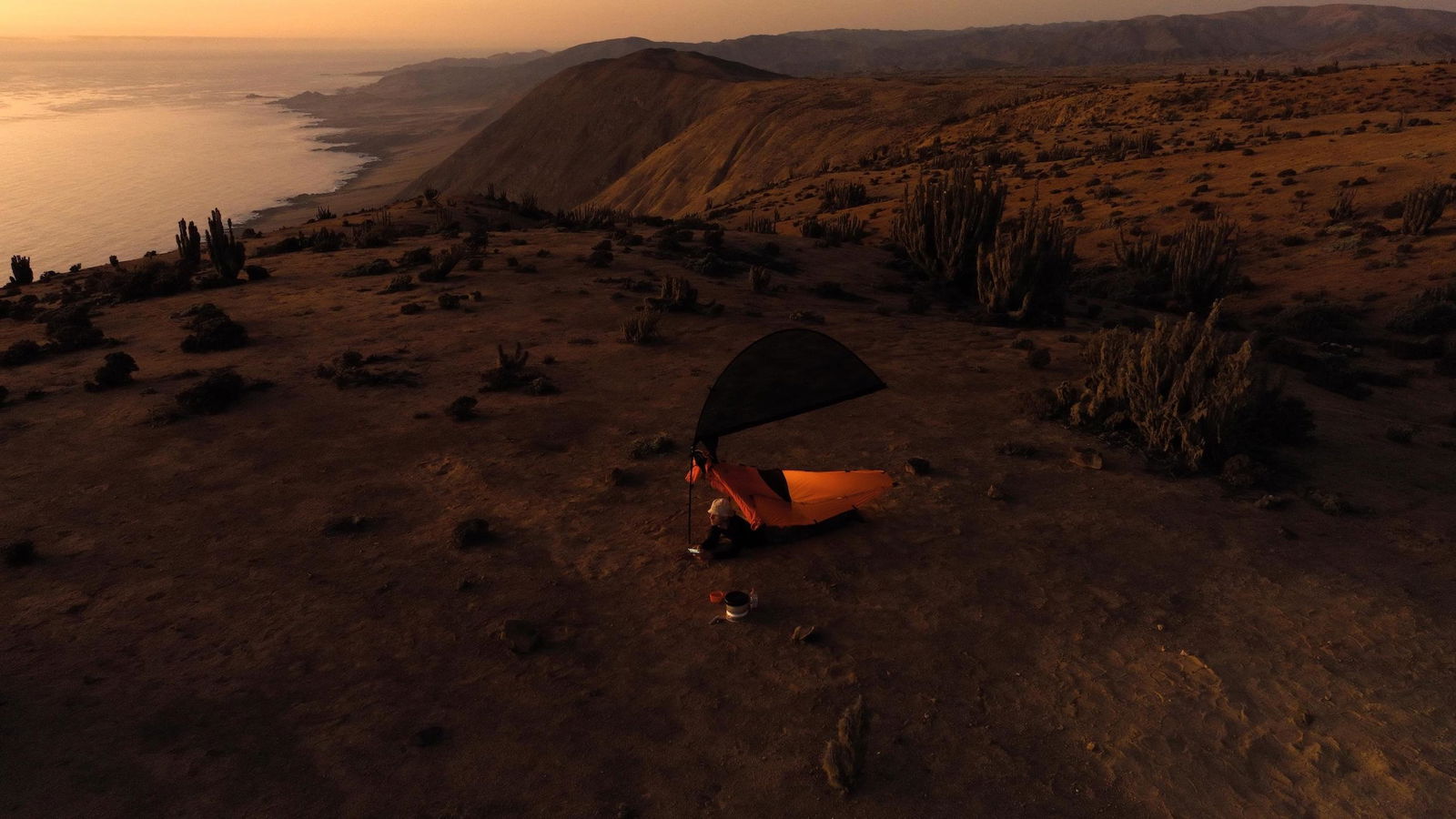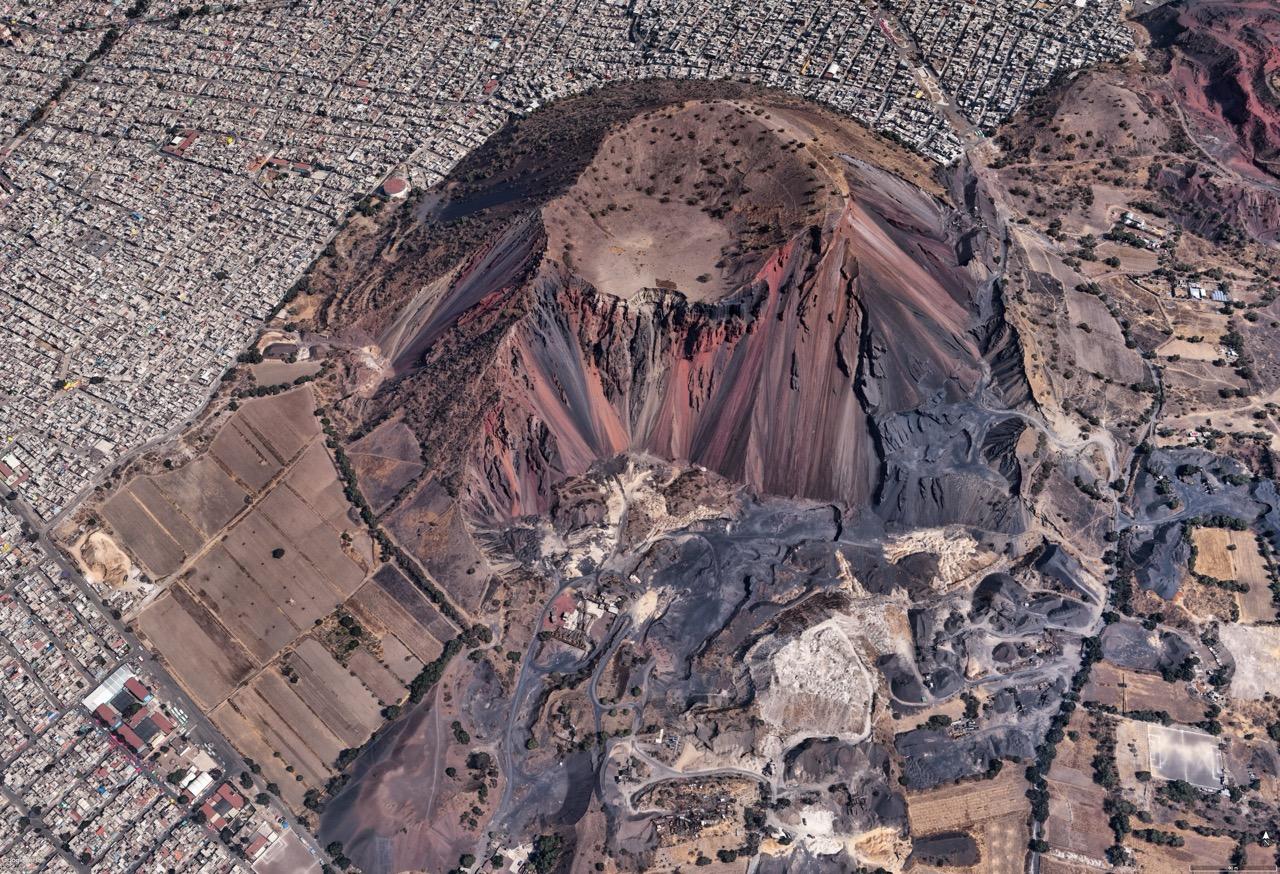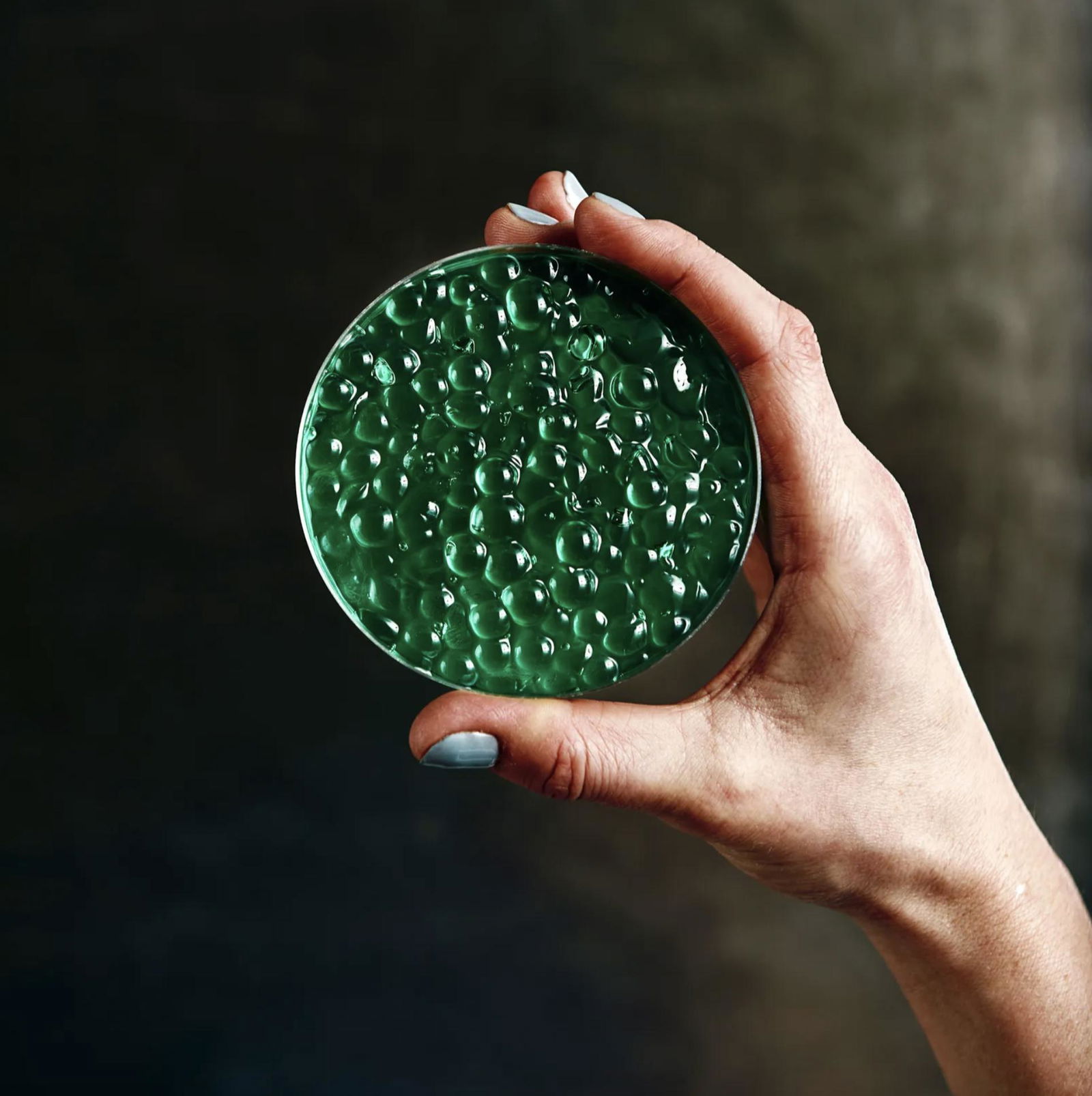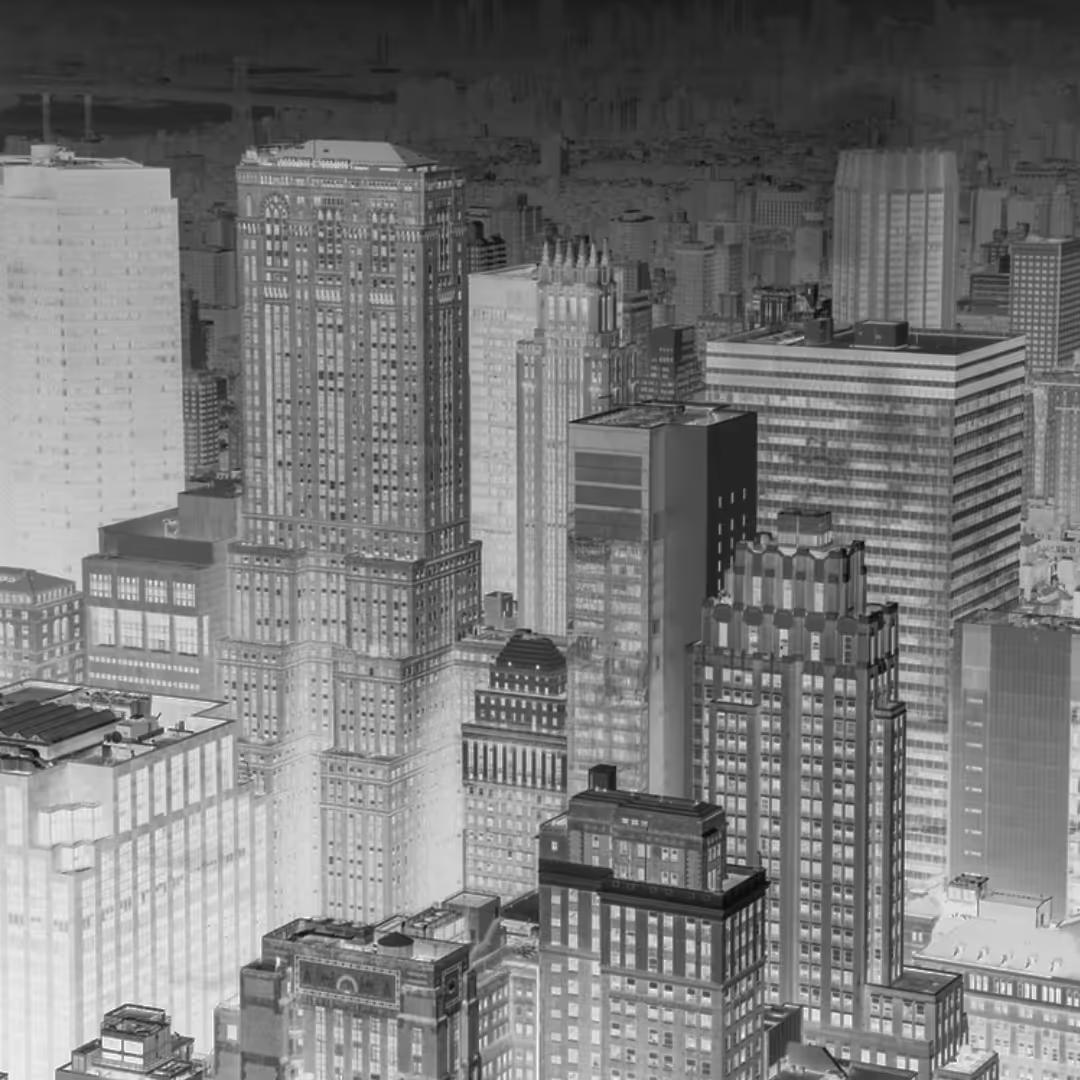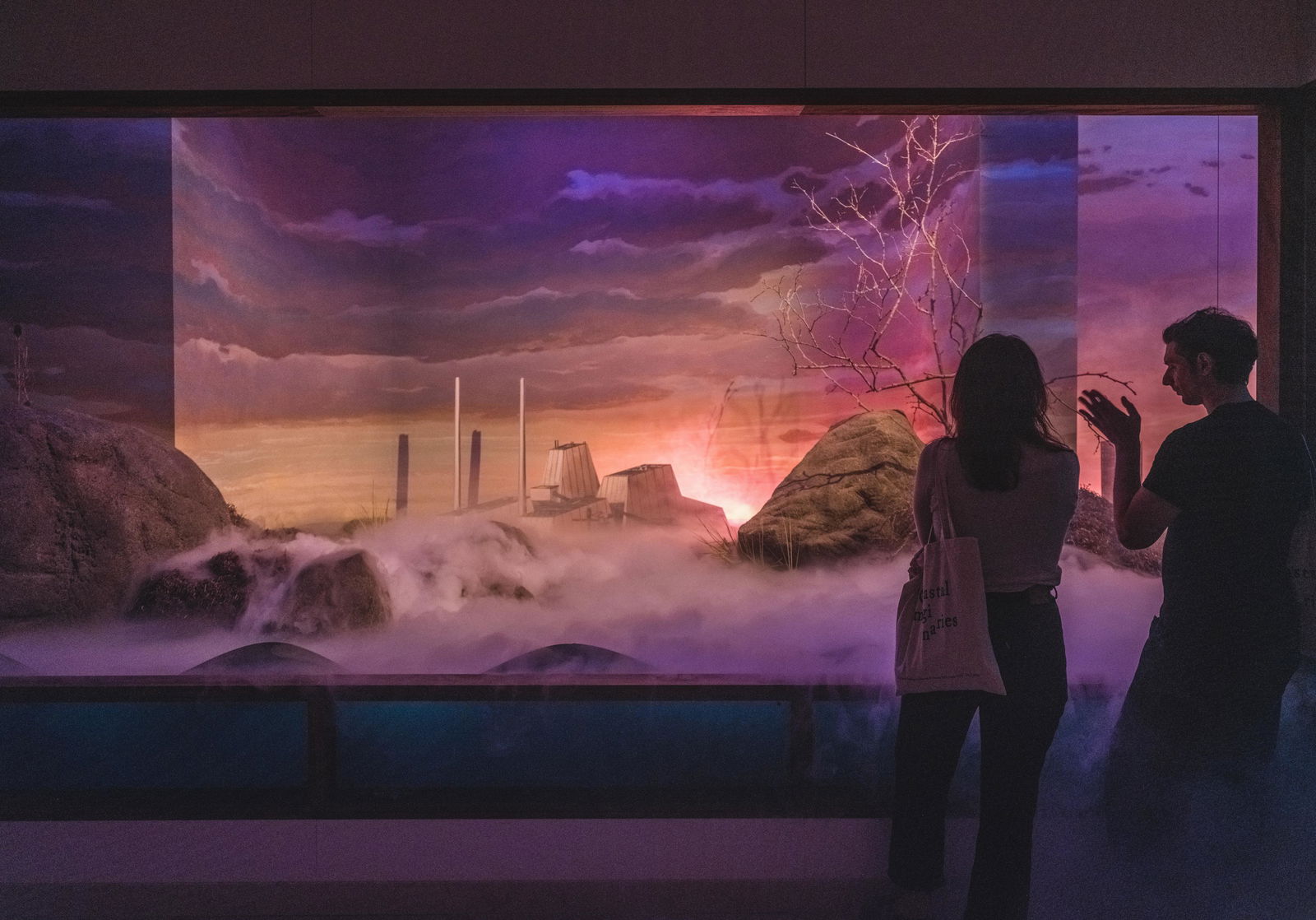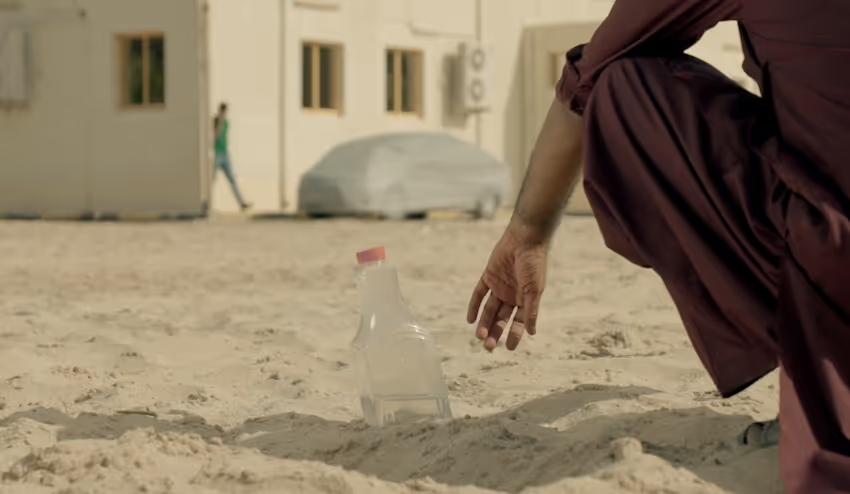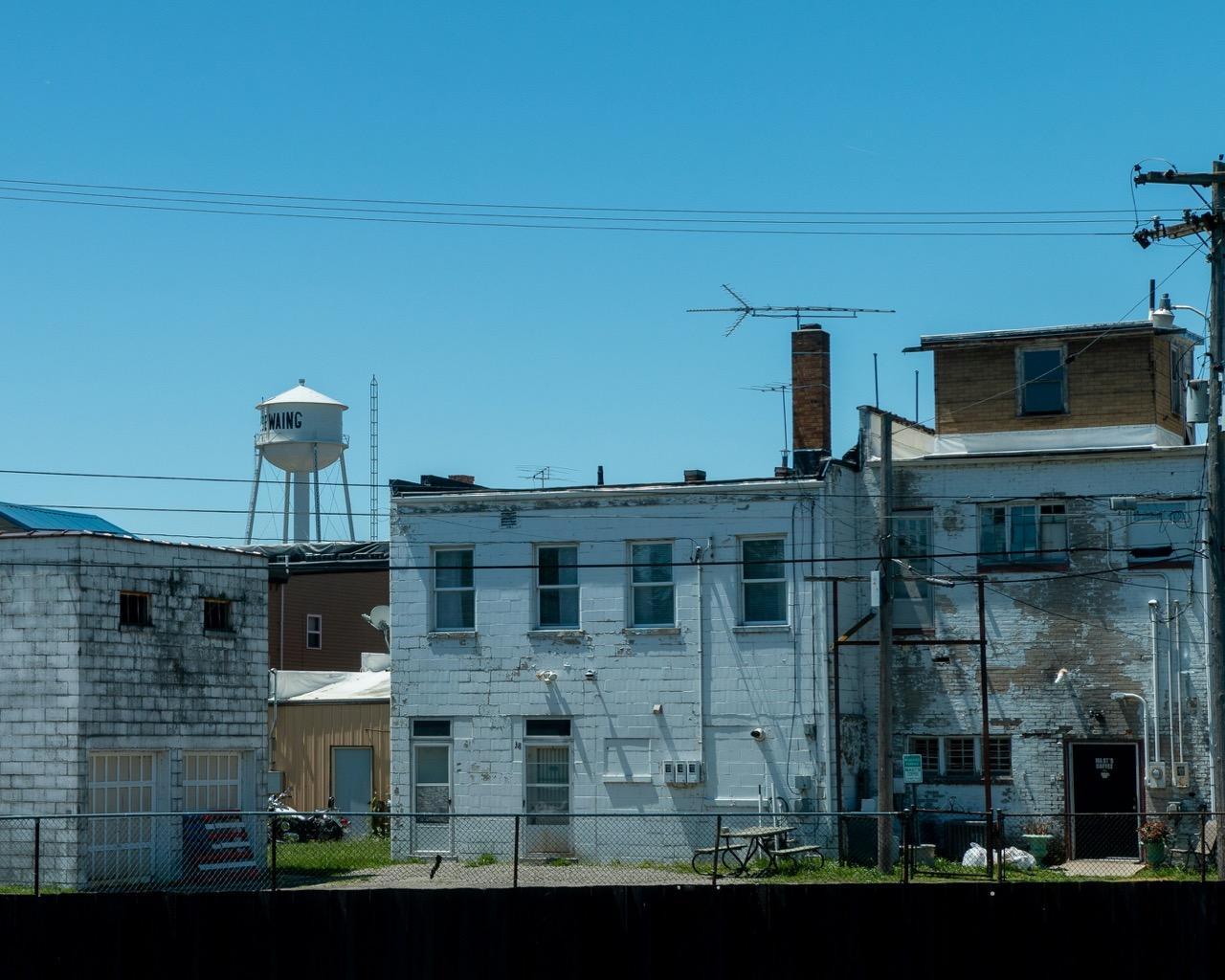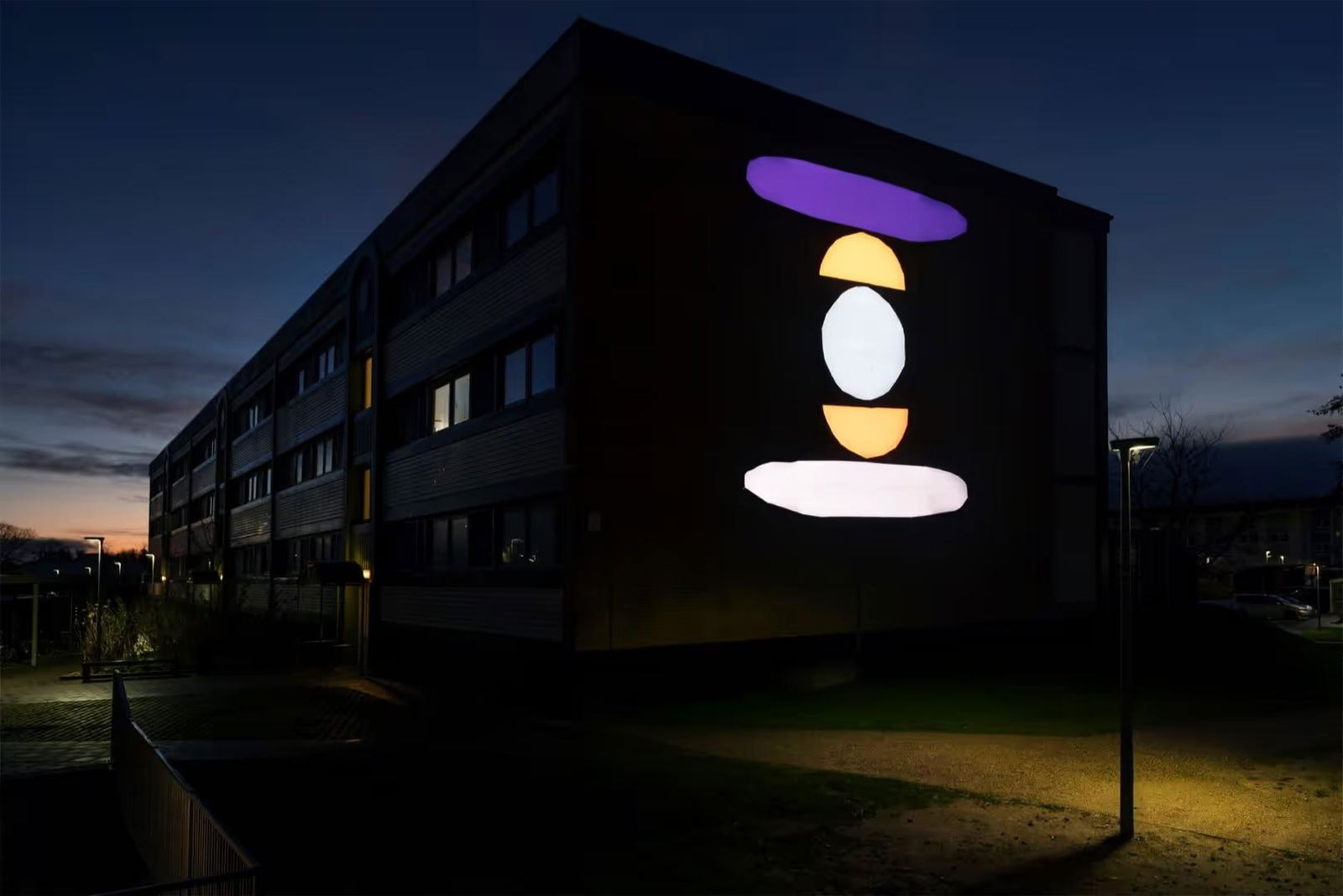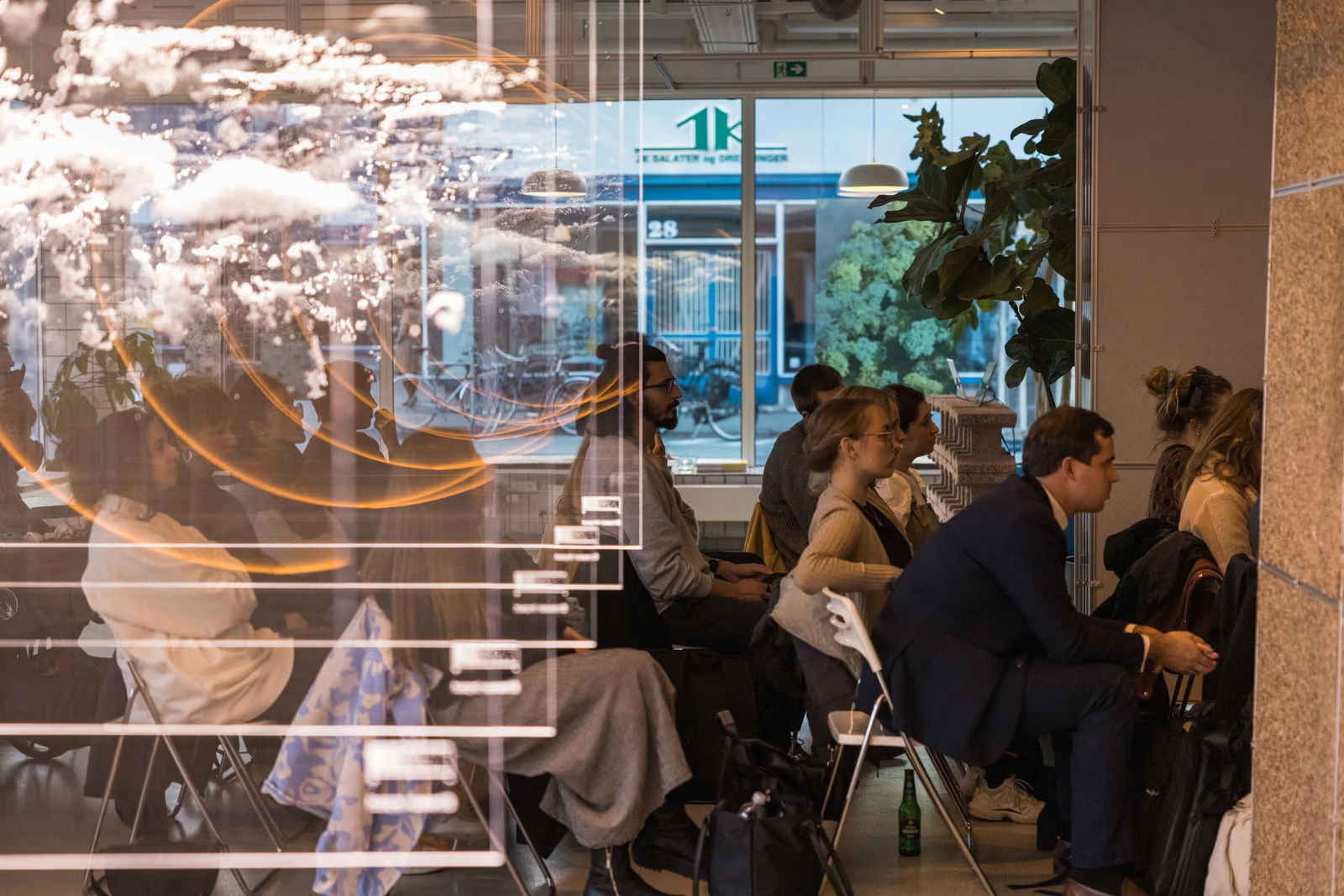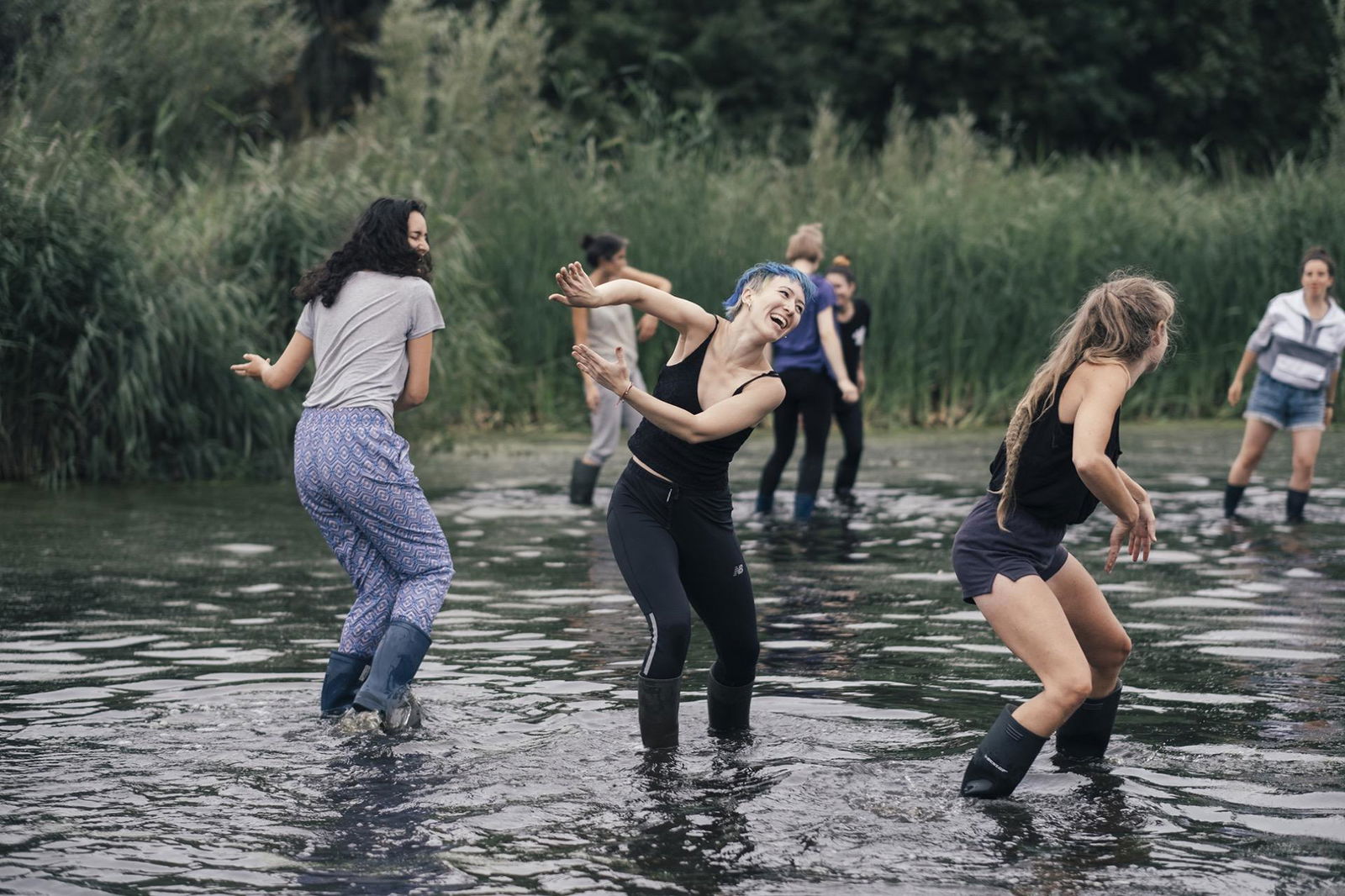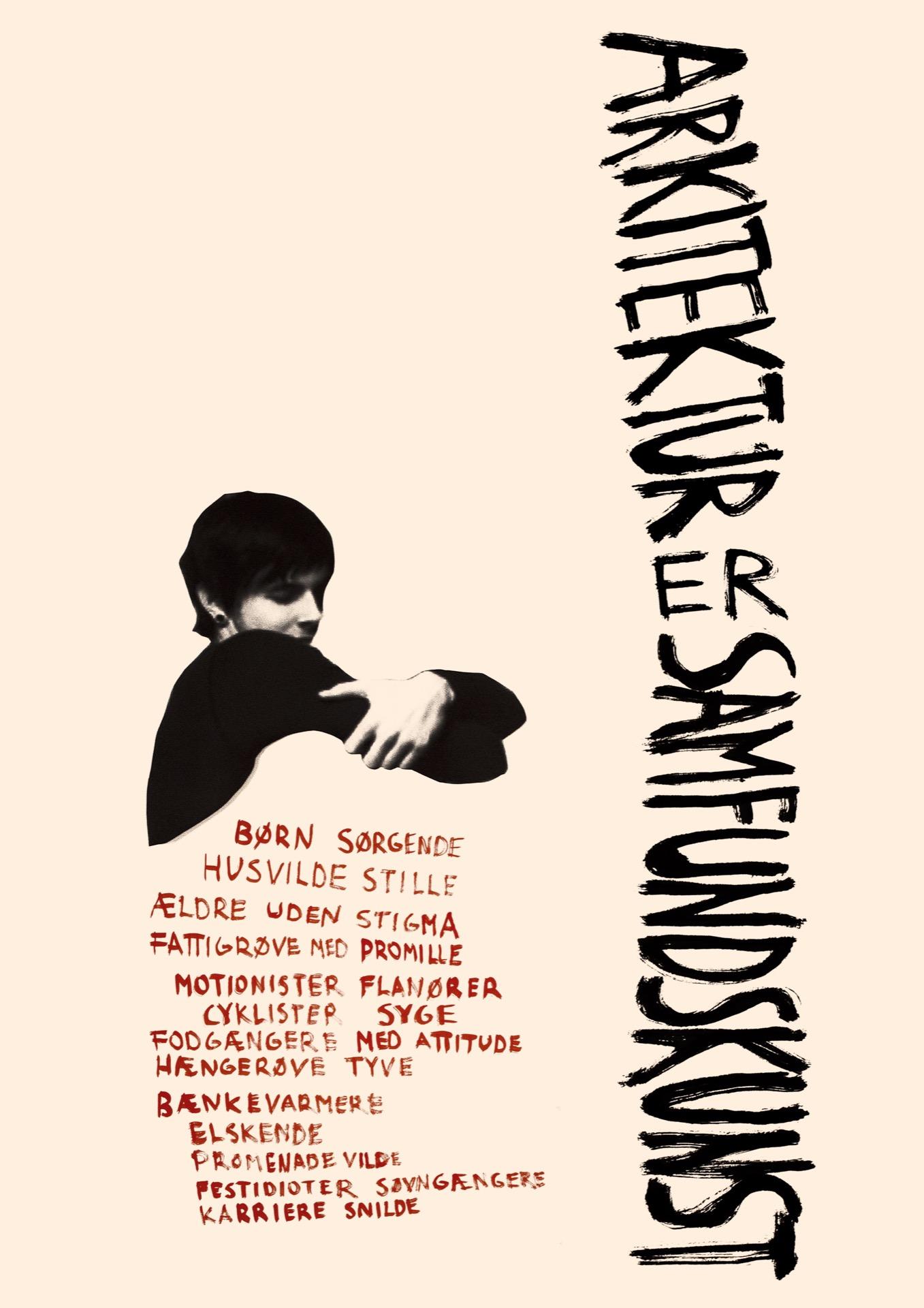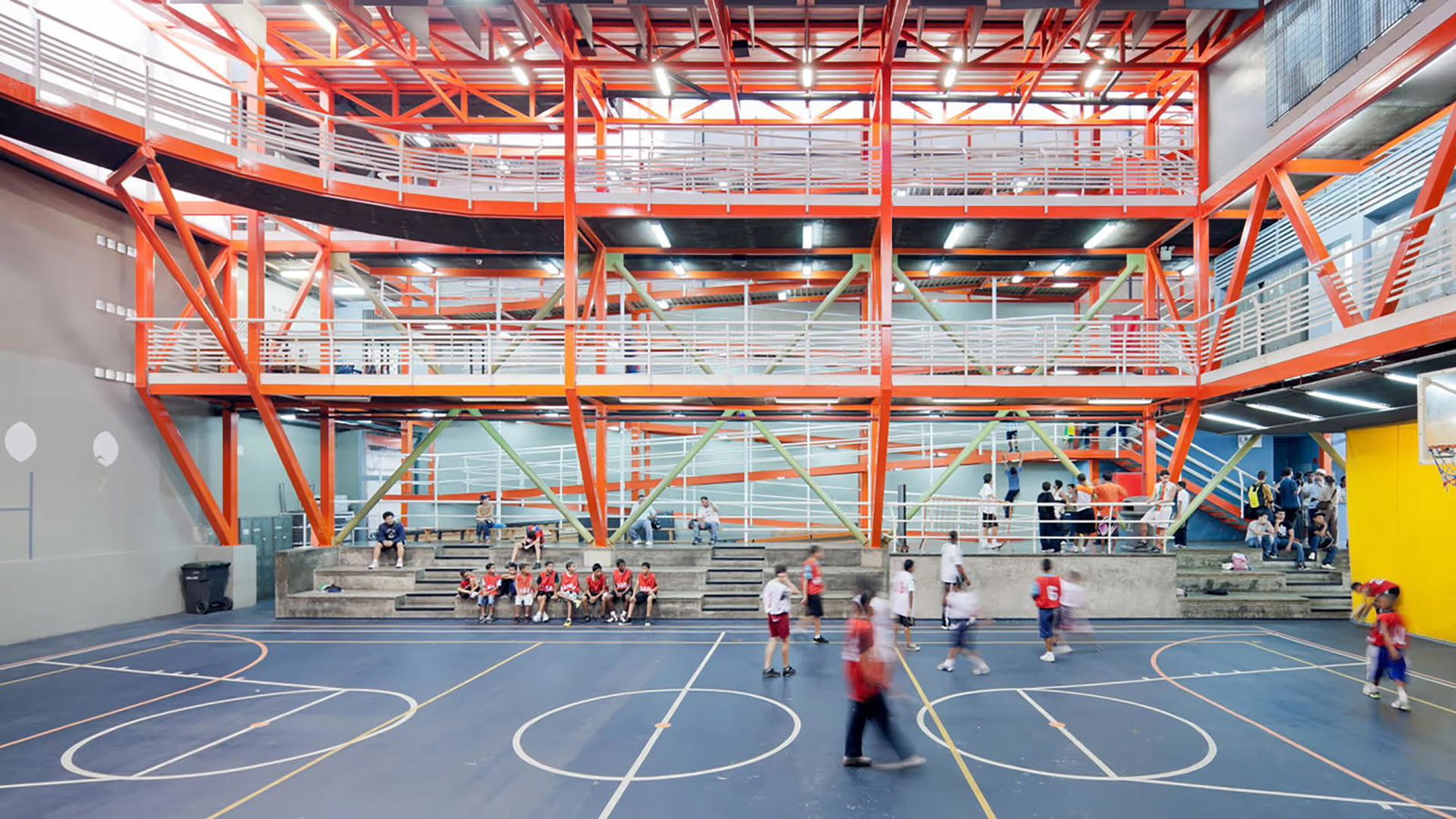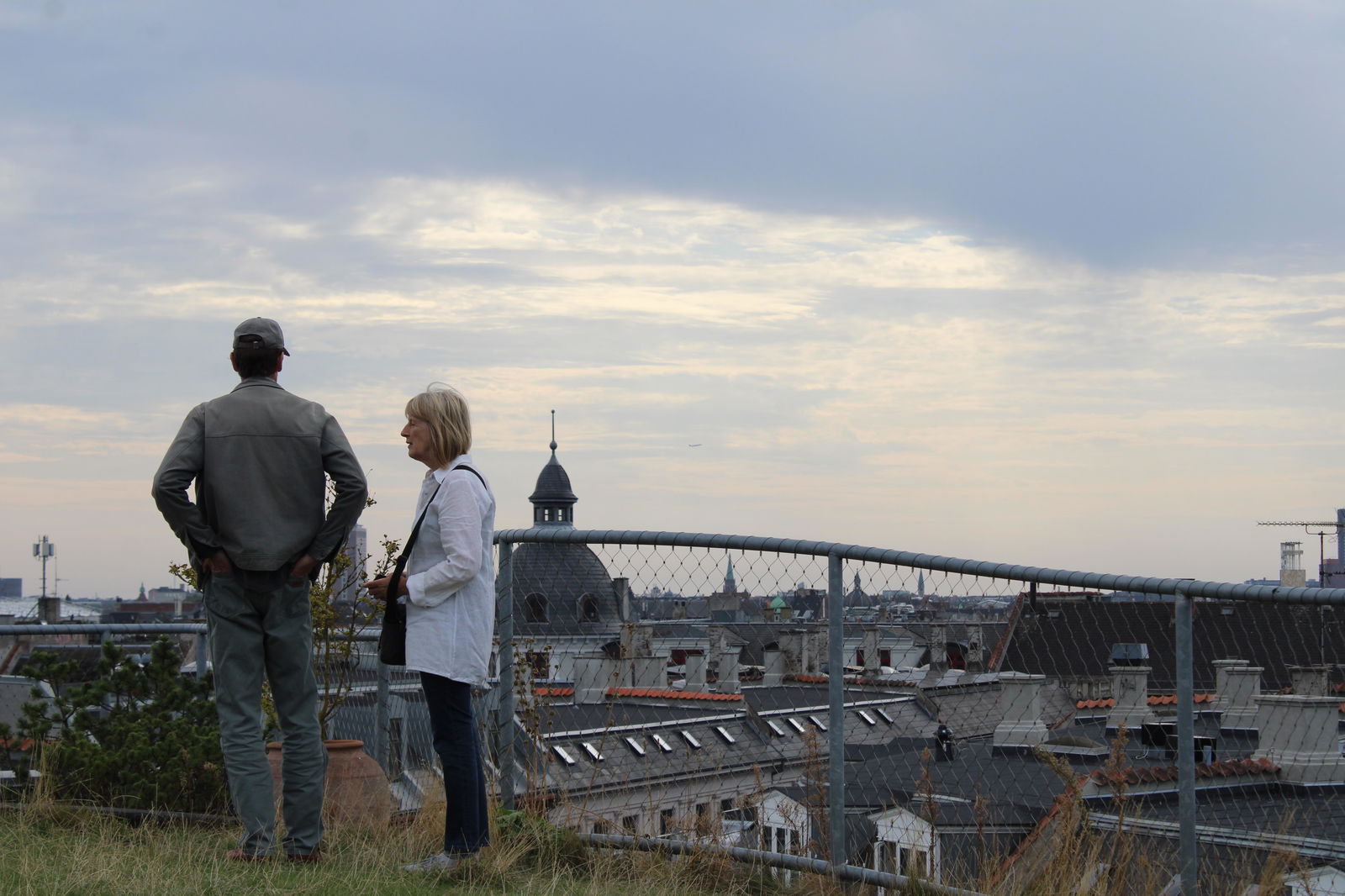We are delighted that you are joining us for this year's programme. Could you briefly share with us who and what is Soft Agency? Could you give us some examples of the work you have done in this area?
Soft Agency are a group of six female, critical spatial practitioners – Ana Filipovic, Fiona Shipwright, Gilly Karjevsky, Rosario Talevi, Valentina Karga and Teresa Dillon – that have been working together in loose formations since first meeting in Berlin in 2013. In 2020, we established Soft Agency as a more formal collaboration for furthering the work we have already been engaged in and for developing new practice(s). Our diasporic perspective is an important dimension to our work, which is also informed by our different training (visual arts, architecture, psychology, curatorial studies and literature), cultural backgrounds and experiences.
Many members of the group have been working with ideas relating to care, repair, maintenance and healing for some years, both in our individual and collective practices. Over the years, as we have gotten to know each other, we have invited each other to many of the programmes, activities and events we have “individually” hosted, which has helped us to establish our foundations and thinking along the thematics of care.
Some examples of these projects are Formats of Care (University of the Arts in Berlin, Academy of Fine Arts in Vienna), Climate Care (Floating University Berlin) New Alphabet School #4: Caring (Haus der Kulturen der Welt, Berlin) curated by Gilly and Rosario, and the Repair Acts programme led by Teresa at the University of West England in Bristol.
The work we undertake is rooted in feminist methodologies and practices and combines what could be defined as “traditional” curatorial work (research, selection, editing, programming) with explicit forms of making (performance, ritual, storytelling, sound, set design and architecture), along with site-based pedagogies, like collective reading practices, developing shared languages and collating various materials, including mapping, drawing and sketching. In keeping with our identity, our collective processes of gathering and assembling function to enable us to “soften” existing practices and infrastructures, while gently and together, exploring alternatives.

Your work often draws on various feminist perspectives, could you speak about this and how feminist thinking has influenced your work?At the heart of most feminist theories of care are the notions of relationality and interdependence. Relationality refers to the point that judgement is relationally orientated, meaning that we are not atomistic beings but constructed through relations which inform our choices and that these choices should be empowering and not domineering. Interdependence is central to this relational position in that it acknowledges that “we” – meaning here all species – are at various times in our lives vulnerable and dependent. This point of view is further emphasised by an intersectional, post-colonial feminist perspective that cuts against Western notions of personhood where ideals of independence, self-sufficiecy and freedom are privileged over the communal. So these basic tenants of feminist thinking are at the heart of our work: relationality, independence and the common.
We also situated ourselves strongly in the canon of work that friends and colleagues Meike Schalk, Thérèse Kristiansson and Ramia Mazé brought together in their edited book, "Feminist Futures of Spatial Practice: Materialisms, Activisms, Dialogues, Pedagogies, Projections" (2017) and Elke Krasny and Angelika Fitz in Critical Care: Architecture and Urbanism for a Broken Planet (2019). Both books bring many co-conspirators together with whom we share particular understandings and approaches and which naturally influence our work. In curating the New Alphabet School, #Caring programme at HKW, we also drew inspiration from the work of the American political philosopher and scientist Joan Tronto. Tronto’s ethics of care returns us to moral questions and decisions that relate to everyday judgements of how we treat others during everyday life and how this connects to the idea of having and living a good life.
This emphasis on judgements and decisions is why Tronto and her colleague Berenice Fisher defined care as a “species activity” that includes all the activities and therefore thoughts and decisions we undertake to maintain, continue, repair and sustain the world we live in and all its complexities. We have worked with Tronto and Fisher’s definition of care many times and often return to it. Within the work of Fisher and Tronto, species most often refers to human species. Looking at relationality, interdependence and intersectionality more broadly, our work builds on the focus on these daily judgements by moving to a more-than-human spatial practice by asking the question: What does it practically mean to make decisions on behalf of other species and landscapes in urban spaces, when these spaces are so rigged towards serving human needs and capital? This is a very challenging question that reframes whole systems of order and value.
From this perspective our work connects to scholars such as María Puig de la Bellacasa’s notion of care, which reframes the human as a caretaker; a custodial figure in the ongoing recuperation of the planet and its people. To care then from our perspective is to recognise the fragility of the bonds between both humans and non-humans. The practice of caring in cities and urban space then is a call to cultivate a set of skills and sensibilities to maintain and sustain all living forms. This returns us again to Tronto’s work on the ethical elements of care, which she considers as attentiveness, responsibility, competence and responsiveness. Without going into the definition of each term and concept here, what feminist scholarship and practice provides is a solid framework, derived from years of labor and love, which supports us to continue working along these lines.
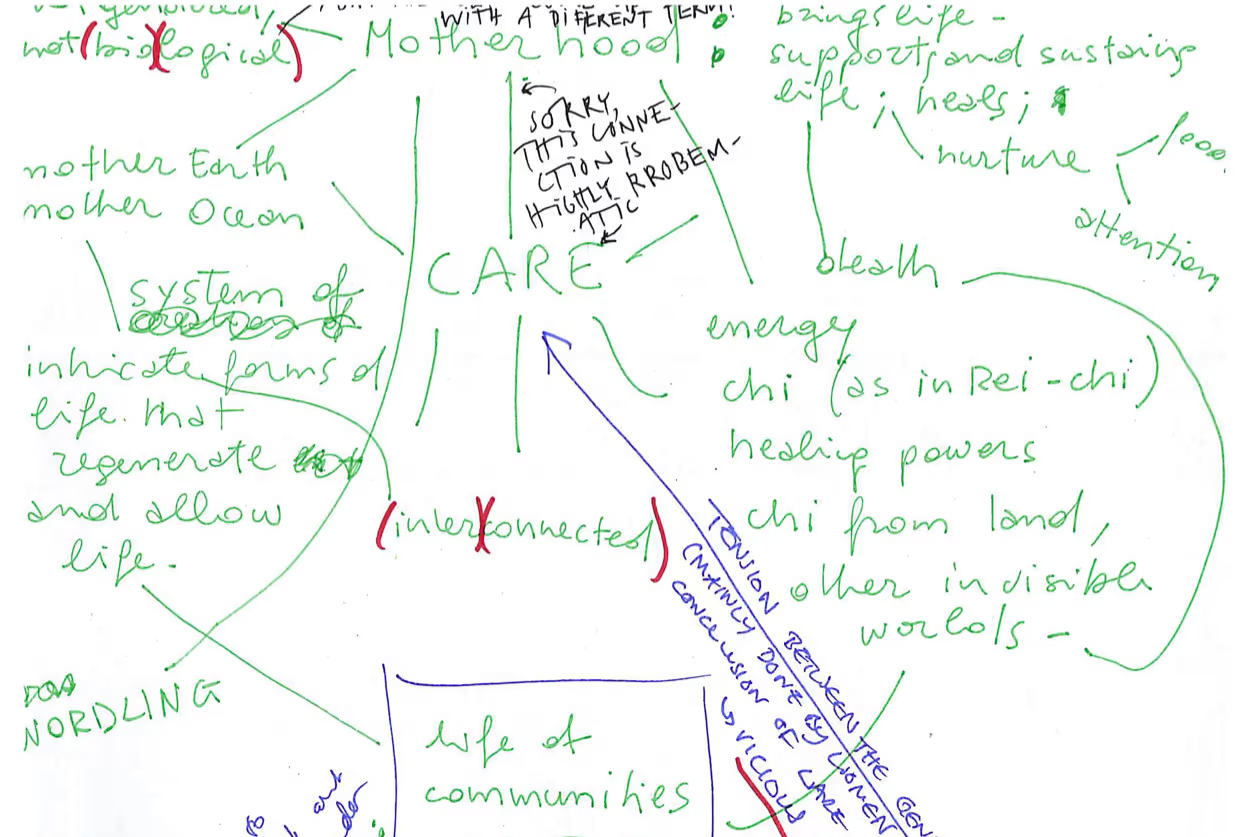
What can we anticipate from this journal edition on “Landscapes of Care” and do you think the concept of care could play a more central role in architectural practice, including practices relating to urban planning and policy?
Responding to your invite we thought it might be useful to provide, as we have in our answers here, some indications of what has been influencing our work and the forms that it has taken in relation to the topic of care. We considered how to activate the journal format as a way of working through, defining and sharing some of our process – in terms of example projects but also methods and terms that we continue to use and draw on.
Therefore, alongside this interview, which we hope will articulate our position and practice to a wider audience, we have put together a visual lexicon – a ‘landscape of terms’ – that seeks to further the understanding and propose different readings of the term “care”. Teresa’s essay, “Methodologies of Softness”, complements the interview and the lexicon by expanding further upon how we understand and practice softness in our work.
However, we did not want to only focus on our work; we also have put together three case studies that demonstrate how notions of care are playing a through at three very different natureculture sites in Europe: the aforementioned Floating University Berlin, the work of the Zakole Group at a wetland in Warsaw, and communities, academics, activist and others working in and around the urban lake Lago Ex SNIA, Rome.
As to the role that care can, should, does or will play in relation to architectural practice, urban planning and policy, many of the feminist peers we have referenced here have long been arguing for the centrality of care in our public and social relations, policies and mind-sets.
Thinking about care as a value system in spatial production comes to back the question of the ‘how’ – it has to go beyond addressing who gets to build by insisting more on how we build. We pick up some of this in our methodologies text, where we elaborate on what it means to move from object-orientated to systems-orientated thinking, from the fetishizing of the thing and who made it to how something works, functions for a broader common good. Placing care at the heart of such systems-orientated thinking demands a shift from extraction to restoration.
As contemporary urban development is still primarily driven by innovation imperatives, there is a pressing need to engage with longer-lasting dynamics, such as maintenance, repair, recuperation and care, in the production and reproduction of space. While not wanting to undermine efforts in other areas, it is also crucial that we recognise such notions in guises other than their traditional normative associations – the welfare state, health industry, gendered connotations, for example.
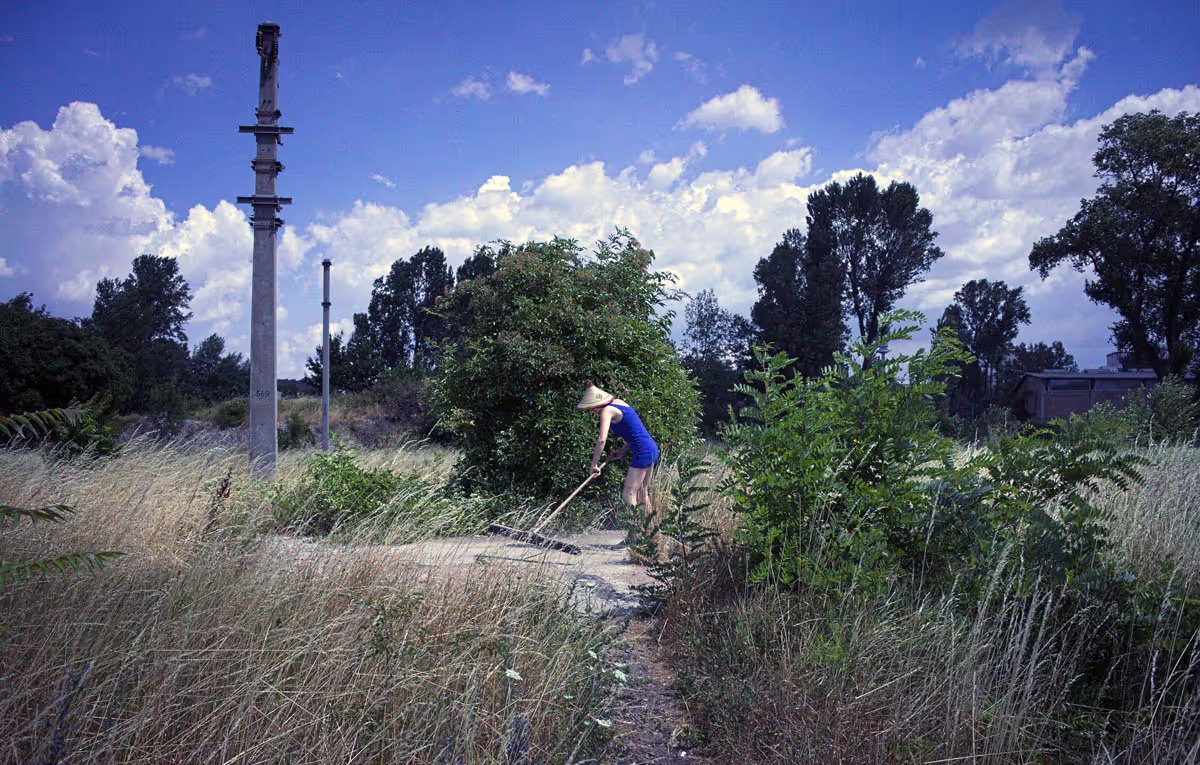


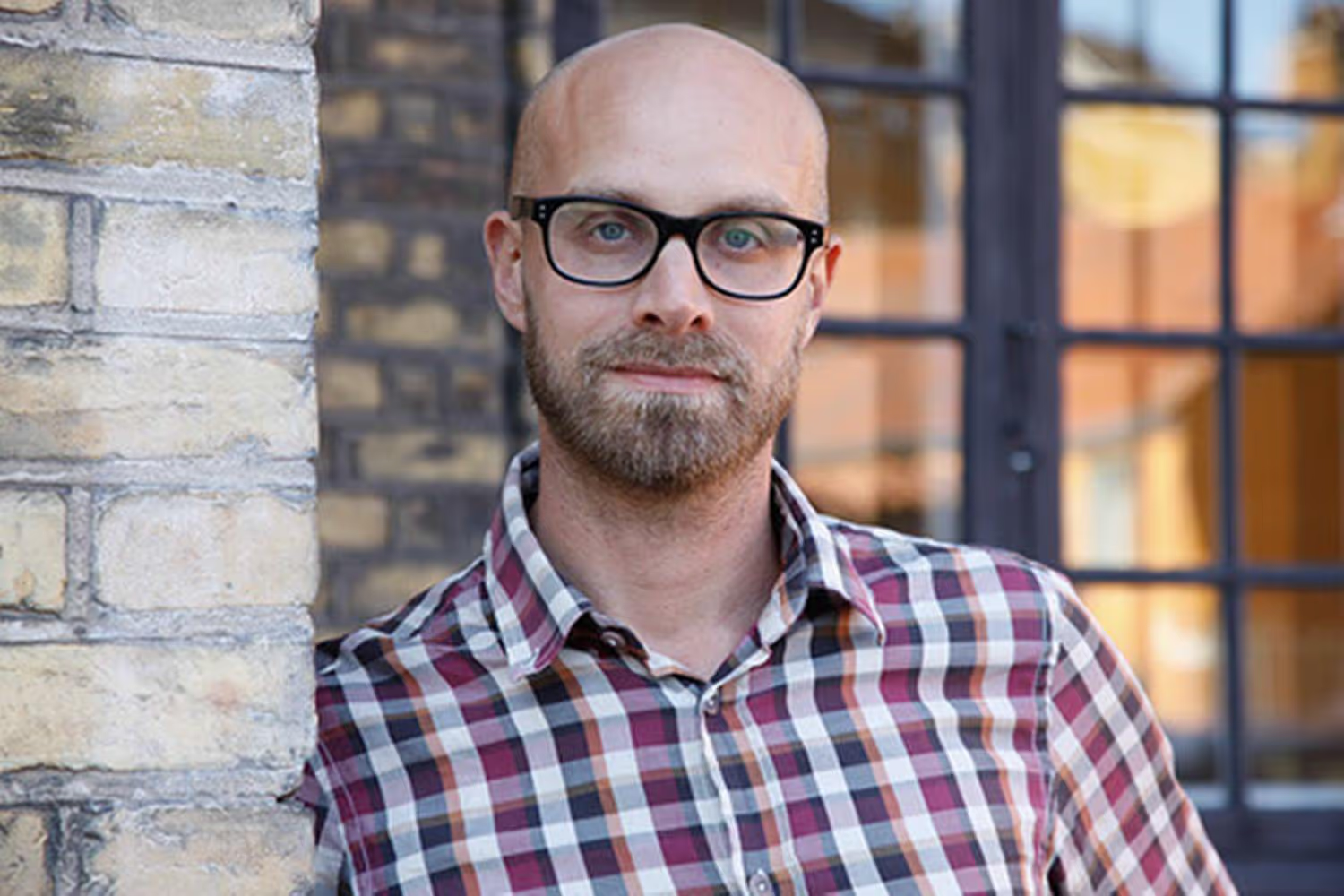

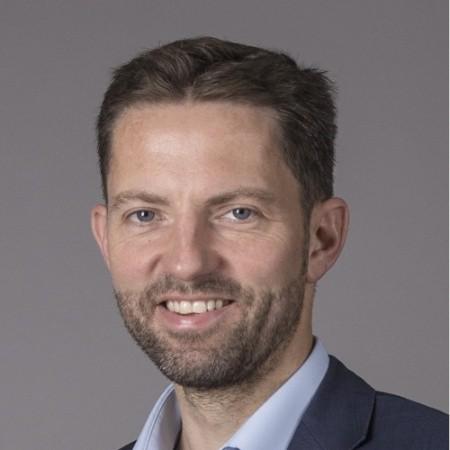
%2520(2).avif)

